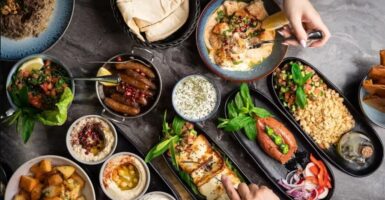20 Weird Food Laws From Around The World
Every country has its approach to food safety and cultural preservation, but some laws go beyond standard regulations into truly bizarre territory. Let’s explore some of the world’s most peculiar food regulations that might make you do a double-take.
Singapore’s Gum Control
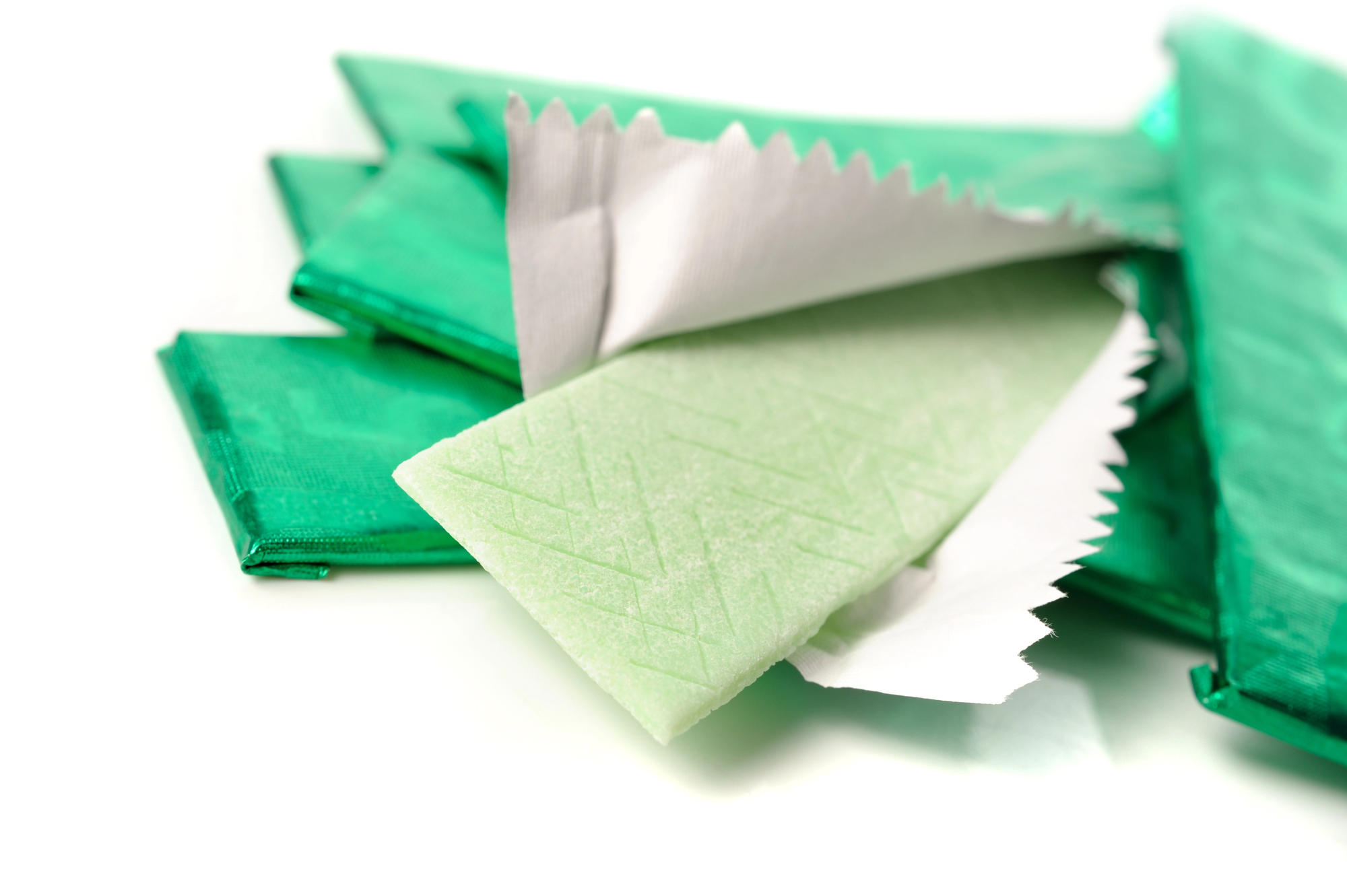
The famous ban on chewing gum in Singapore isn’t just about keeping streets clean. Only dental and nicotine gum with a prescription is allowed.
Even tourists can face hefty fines for bringing in regular chewing gum, making Singapore’s sidewalks the cleanest but perhaps least stretchy in the world.
Italy’s Authentic Carbonara Law

In Rome, restaurants can face fines for serving “inauthentic” carbonara. Adding cream, garlic, or any ingredient beyond the traditional eggs, pecorino cheese, guanciale, and black pepper is considered culinary sacrilege.
This law protects traditional Roman cuisine from modern interpretations.
Like Go2Tutors’s content? Follow us on MSN.
French Ketchup Restriction

French schools limit ketchup in cafeterias to protect traditional cuisine. Students can only have ketchup with french fries, not on traditional dishes.
The law aims to preserve French culinary heritage and prevent American eating habits from influencing young palates.
Japanese Fugu Regulations

Chefs must train for three years and pass a rigorous exam to prepare fugu (pufferfish) legally. With parts of the fish containing lethal toxins, this law ensures only experts handle this dangerous delicacy.
The exam has a notoriously high failure rate.
German Beer Purity Law

The Reinheitsgebot, dating from 1516, remains one of the world’s oldest food regulations. Beer can only contain water, barley, hops, and yeast.
While modernized, this law still influences German brewing and sets strict standards for what can be called “beer.”
Like Go2Tutors’s content? Follow us on MSN.
Wisconsin’s Butter Law
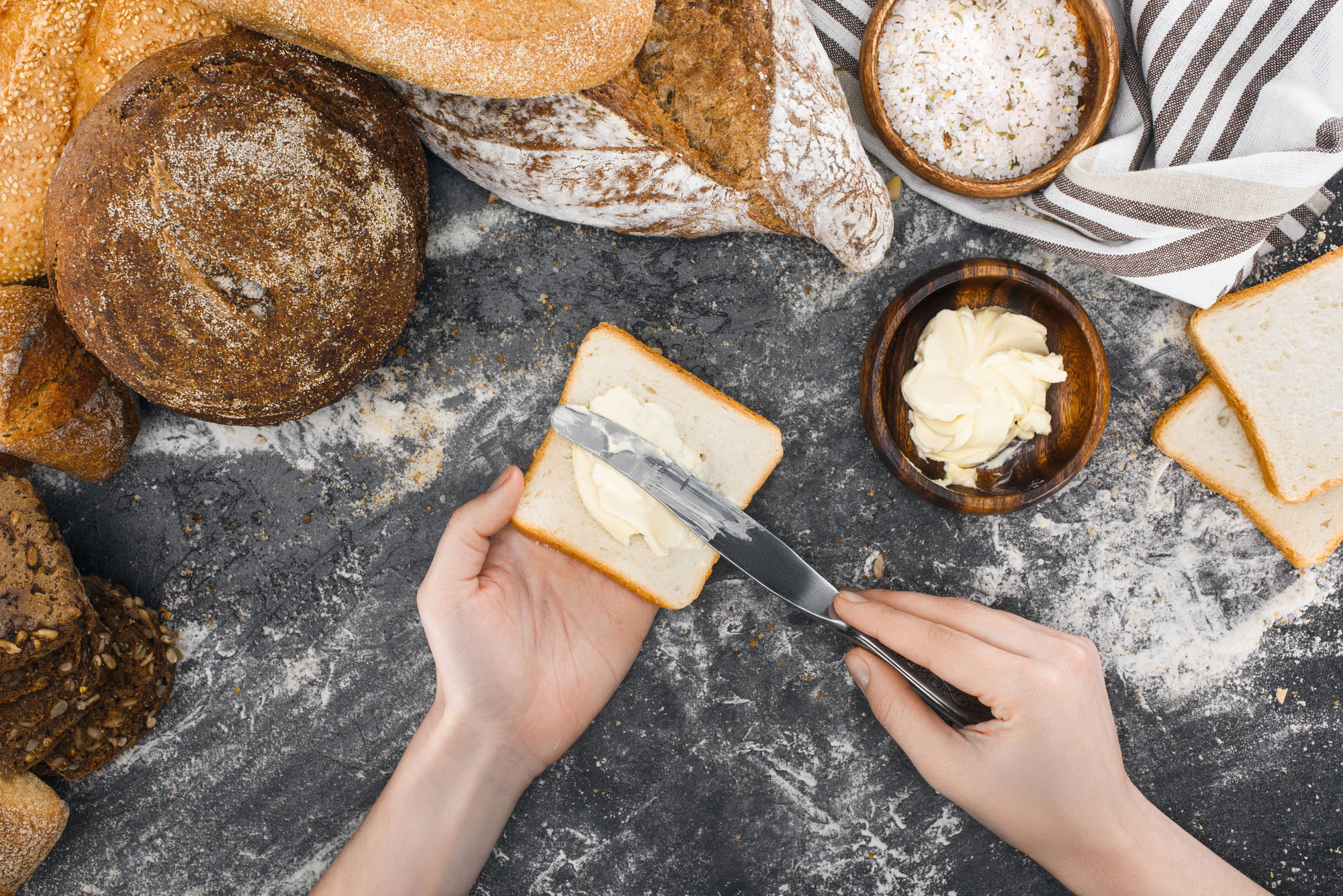
Restaurants in Wisconsin must serve butter, not margarine unless specifically requested. Public facilities face fines for substituting margarine without explicit customer consent.
The law protects Wisconsin’s dairy industry while ensuring butter authenticity.
British Mince Pie Christmas Rule

An ancient law supposedly makes it illegal to eat mince pies on Christmas Day in England. While not actively enforced, this peculiar regulation dates to Oliver Cromwell’s government, which viewed Christmas celebrations as too indulgent.
Norwegian Whale Protection
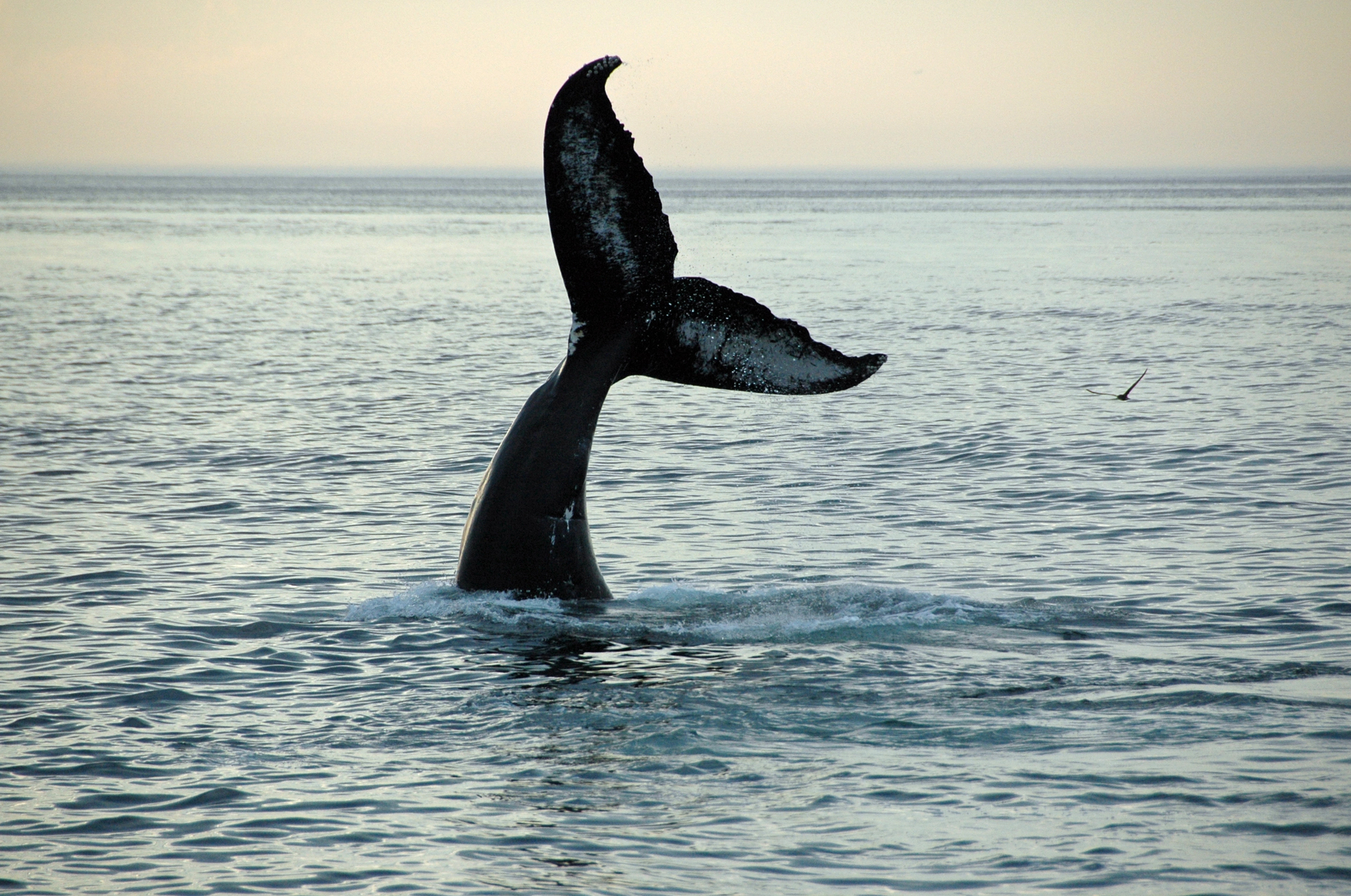
Norway requires special licenses for whale meat consumption. While controversial internationally, these regulations ensure sustainable hunting practices and proper preparation of this traditional food source.
Like Go2Tutors’s content? Follow us on MSN.
Chinese Fortune Cookie Ban
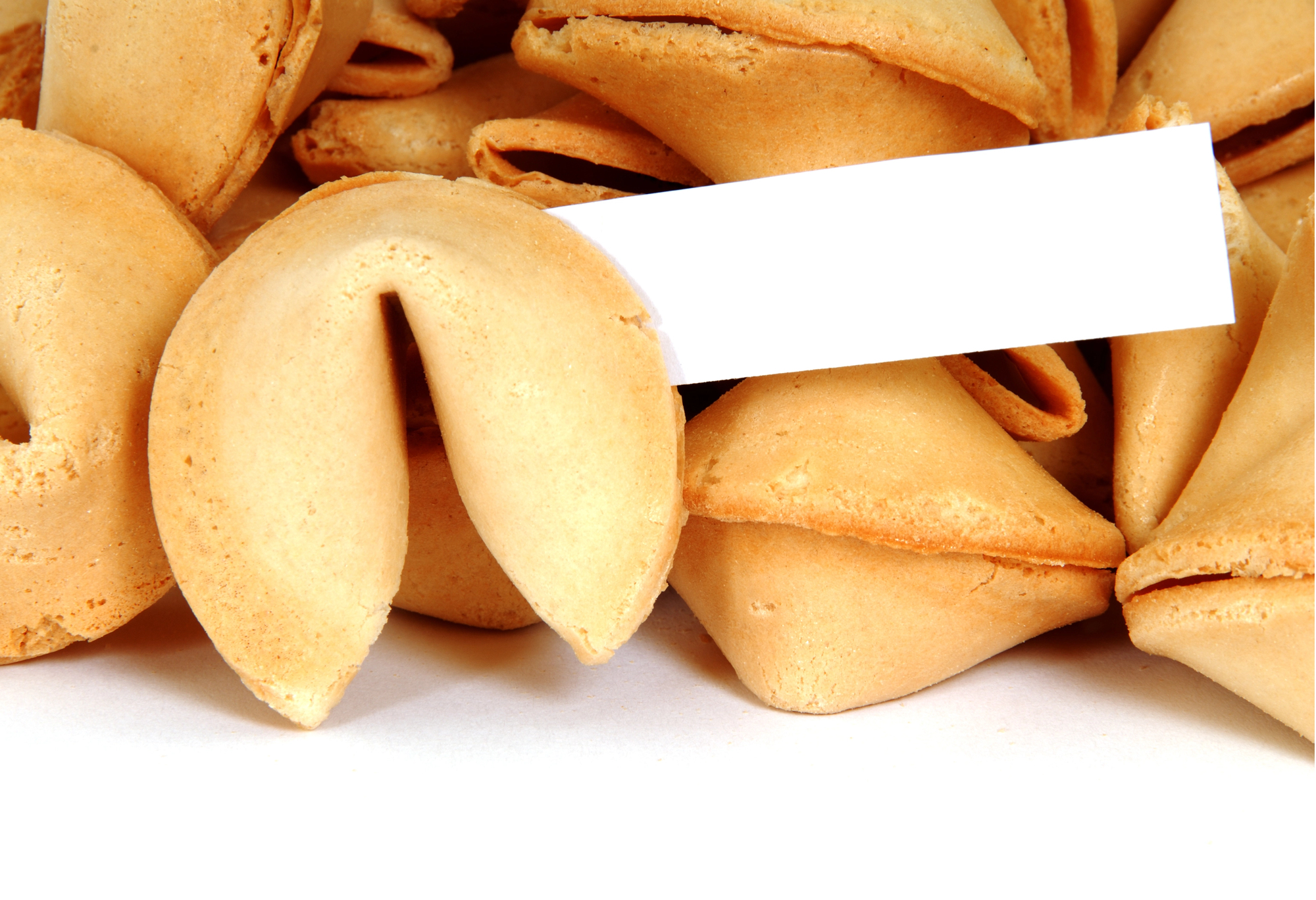
Fortune cookies are banned in China, not for safety reasons but because they’re considered American, not Chinese. This law highlights how some food regulations protect cultural authenticity rather than health.
South Korean Banana Rules
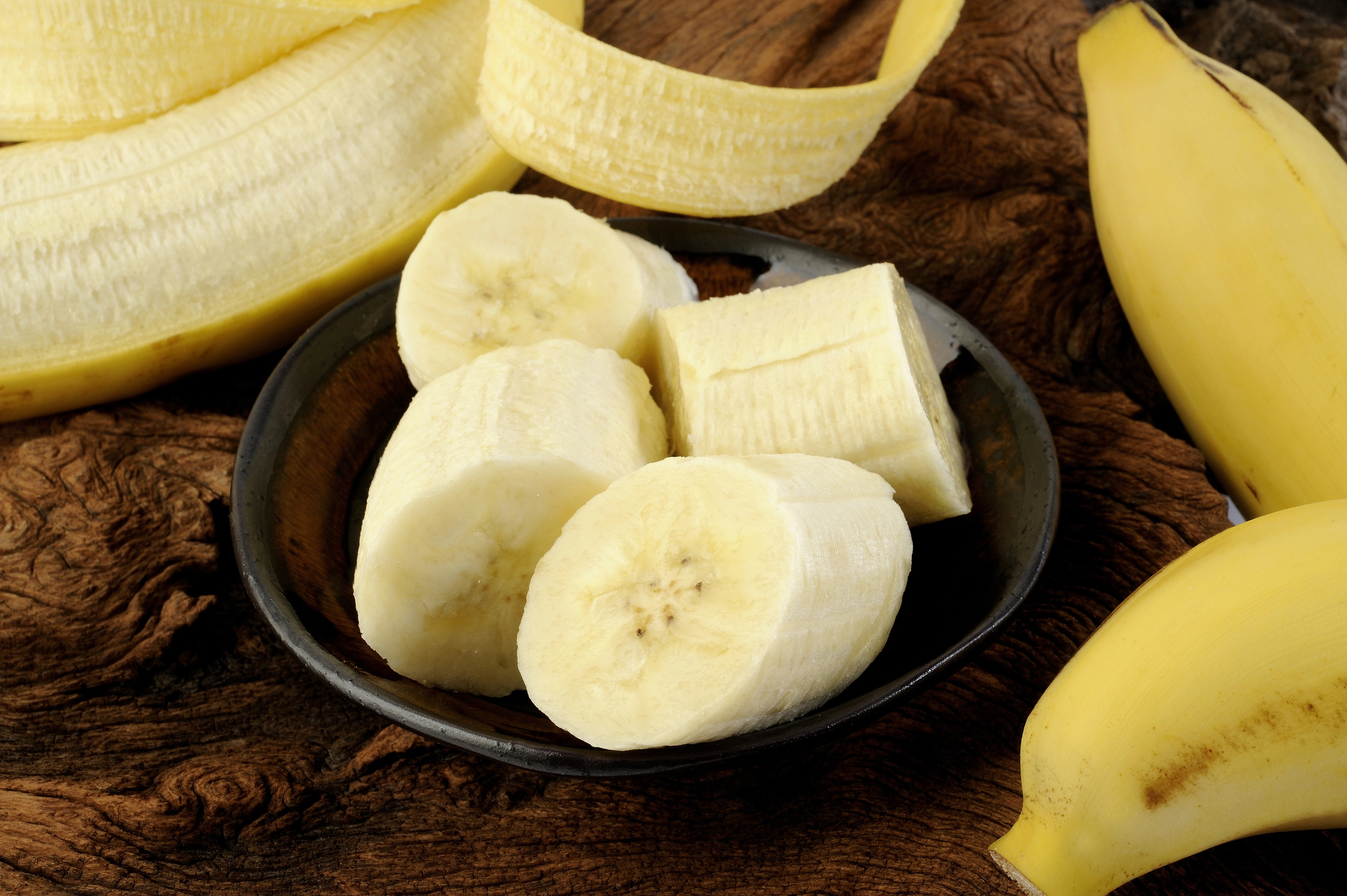
Imported bananas must meet strict curvature requirements. This seemingly odd regulation ensures consistent packaging and shipping efficiency while maintaining fruit quality standards.
Canadian Maple Syrup Standards
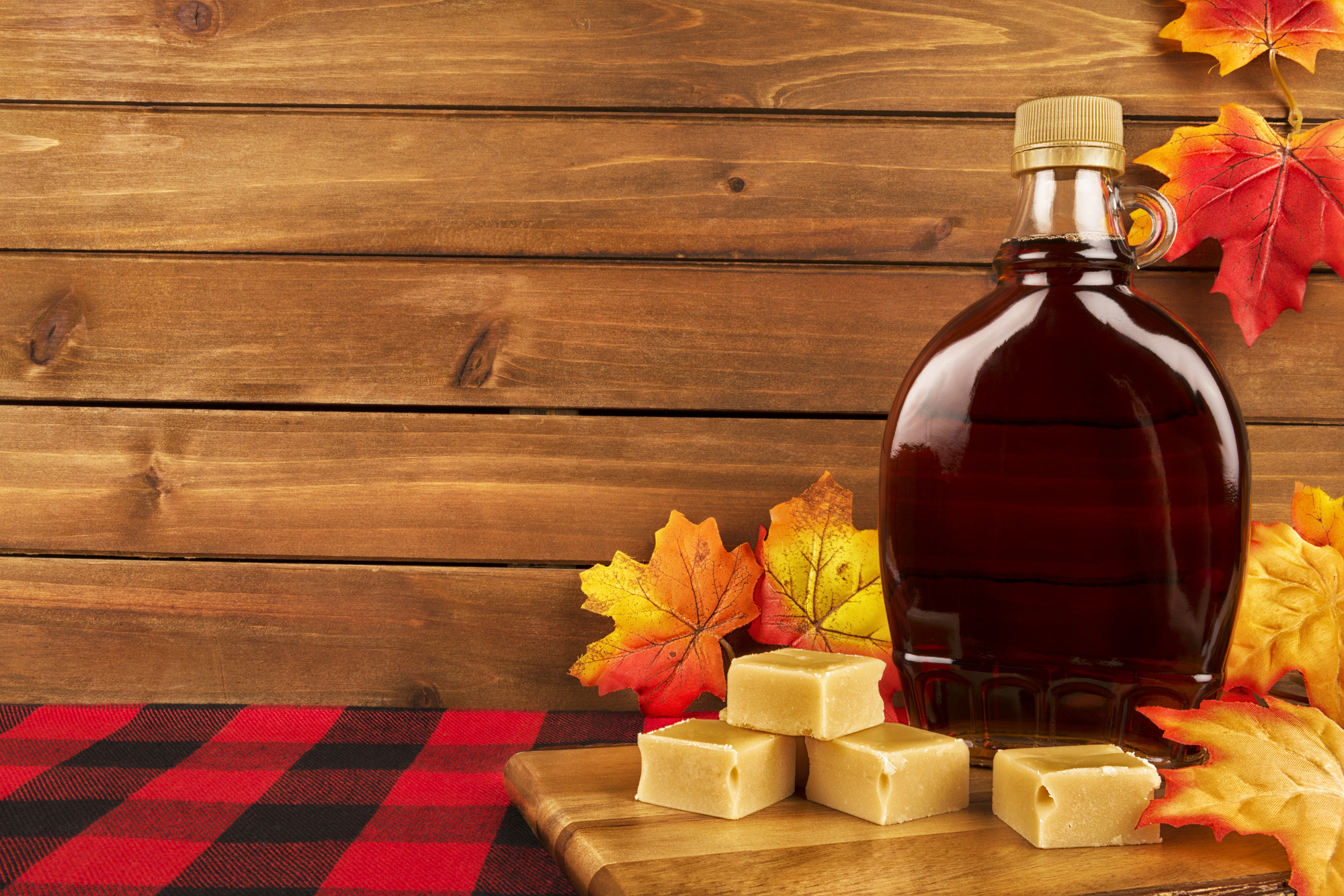
Quebec has strict laws about what constitutes real maple syrup. Products must meet specific density, clarity, and flavor requirements. Artificial syrups must be clearly labeled to protect this cultural staple.
Like Go2Tutors’s content? Follow us on MSN.
Scottish Haggis Import Ban

The United States bans traditional Scottish haggis imports due to specific sheep lung content. This creates an unusual situation where American-made haggis must modify the traditional recipe to be legal.
Dutch Cheese Name Protection

Only cheese made in specific regions using traditional methods can be called “Gouda” or “Edam.” These laws protect traditional Dutch cheese-making practices and regional authenticity.
Australian Vegemite Regulations
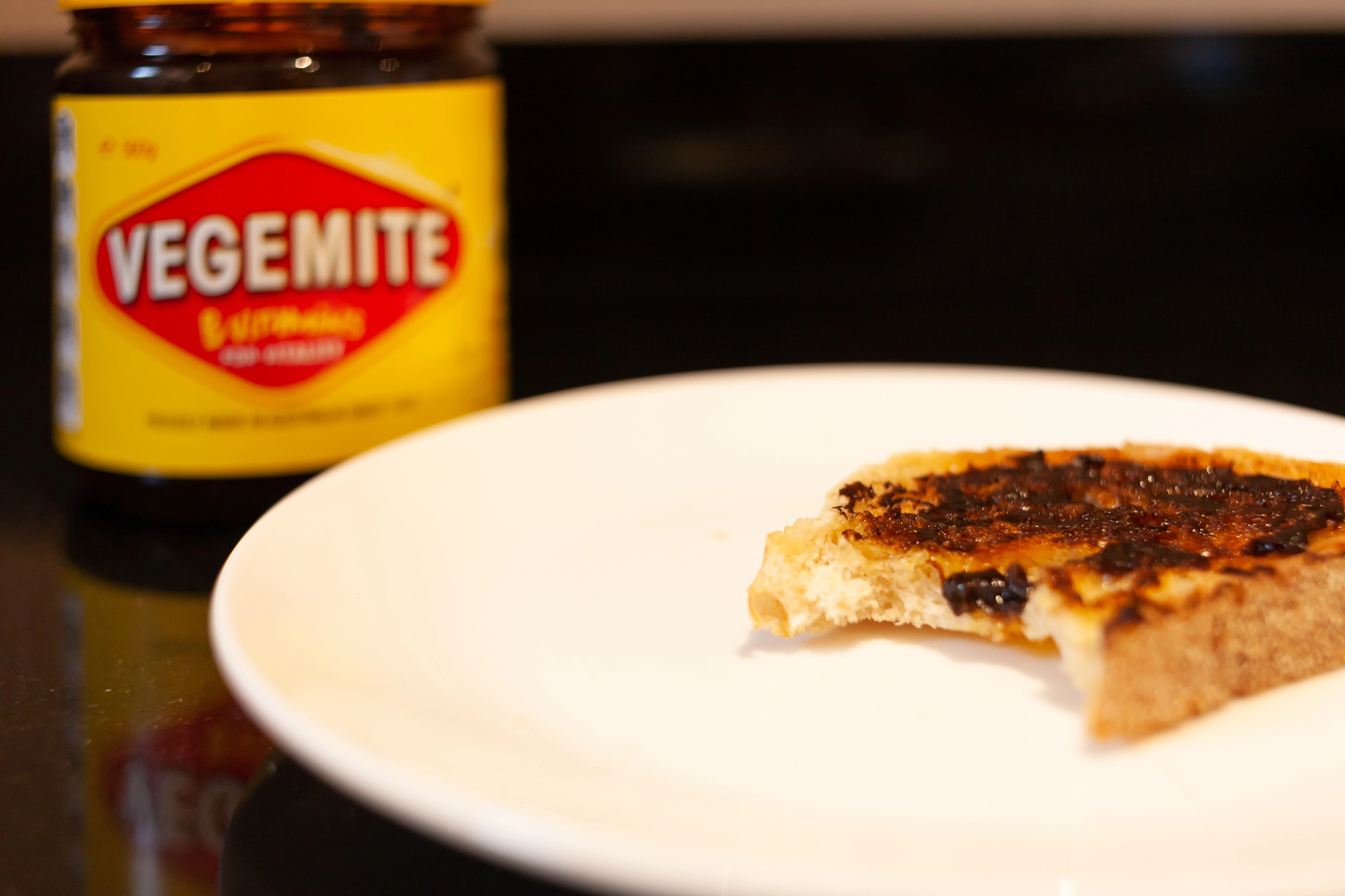
Due to its high folate content, Vegemite faces strict regulations in some countries. Australia maintains specific guidelines about its production and marketing to ensure consistent quality of its national spread.
Like Go2Tutors’s content? Follow us on MSN.
Indian Beef Restrictions
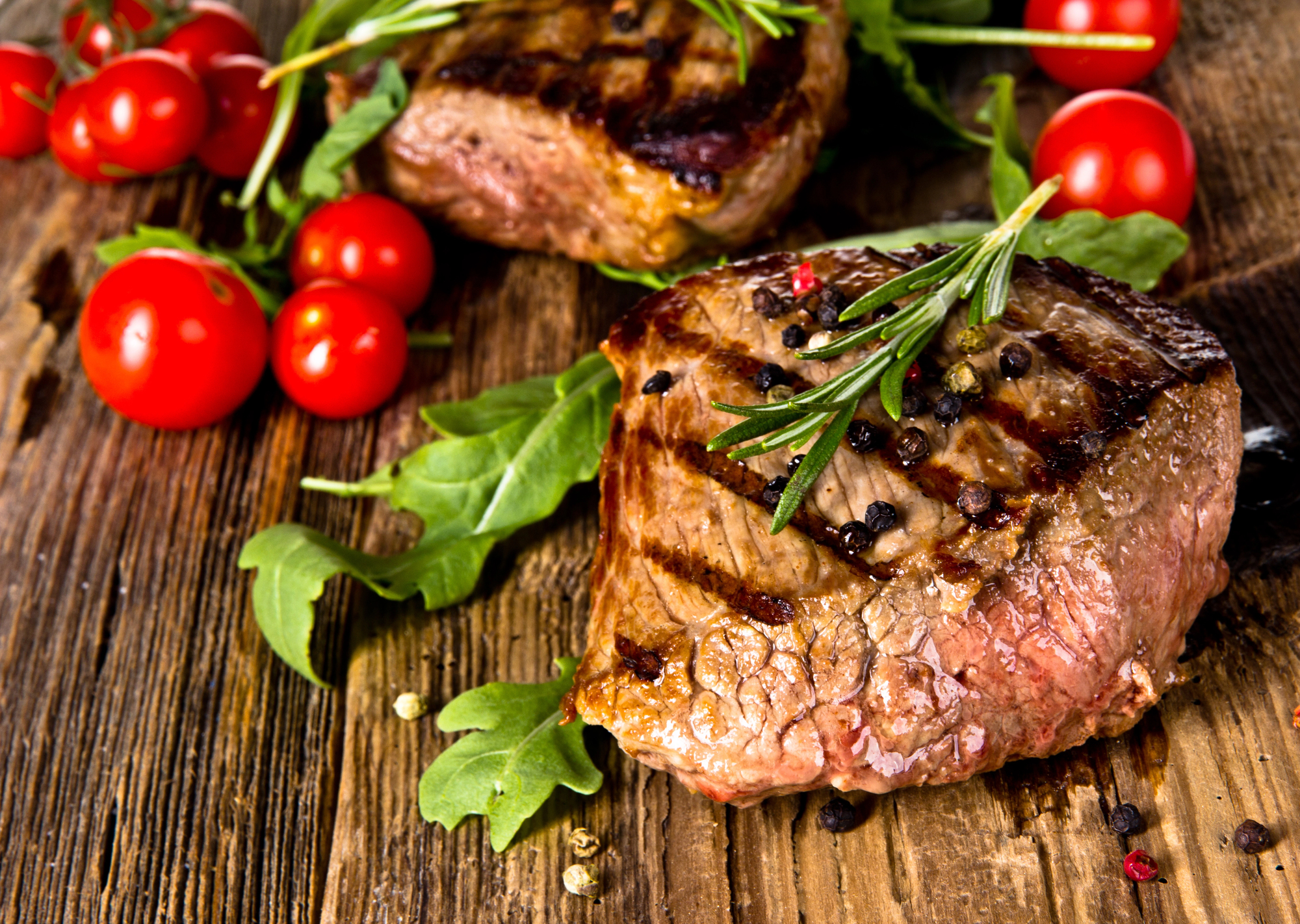
Several Indian states have complex laws regarding beef consumption and cow products. These regulations vary by region and reflect cultural and religious considerations rather than food safety concerns.
Greek Feta Protection
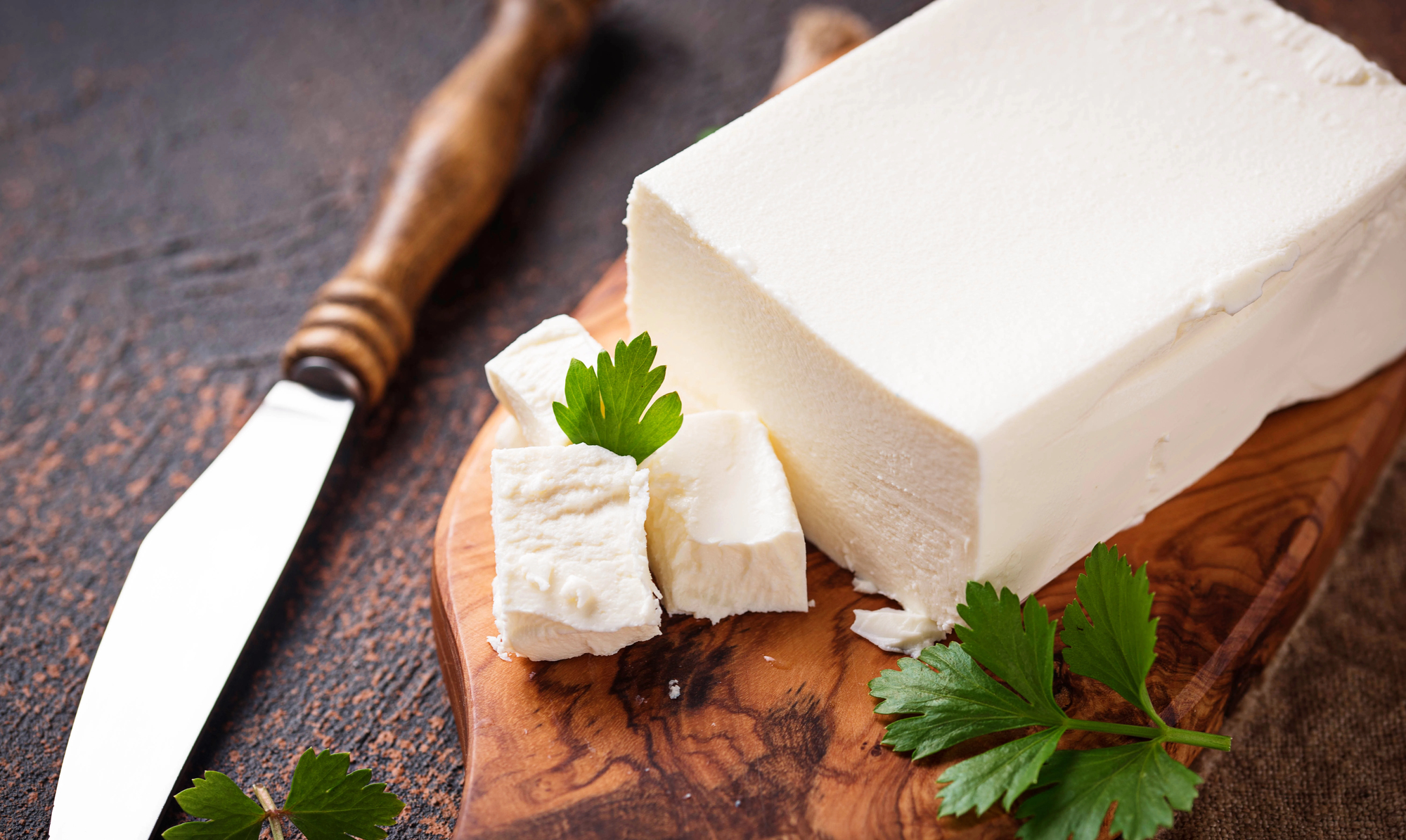
Within the European Union, only cheese made in specific Greek regions can be called “feta.” This law protects traditional production methods and regional authenticity of this iconic cheese.
Swedish Surströmming Rules

This fermented herring must follow strict preparation guidelines to be sold legally. The pungent fish’s fermentation process is carefully regulated to ensure safety while maintaining traditional methods.
Like Go2Tutors’s content? Follow us on MSN.
Brazilian Tapioca Standards

Brazil regulates what can be called “tapioca,” protecting traditional preparation methods. These laws ensure authentic ingredients and processes are used in this staple food.
New Zealand Kiwi Naming Rights
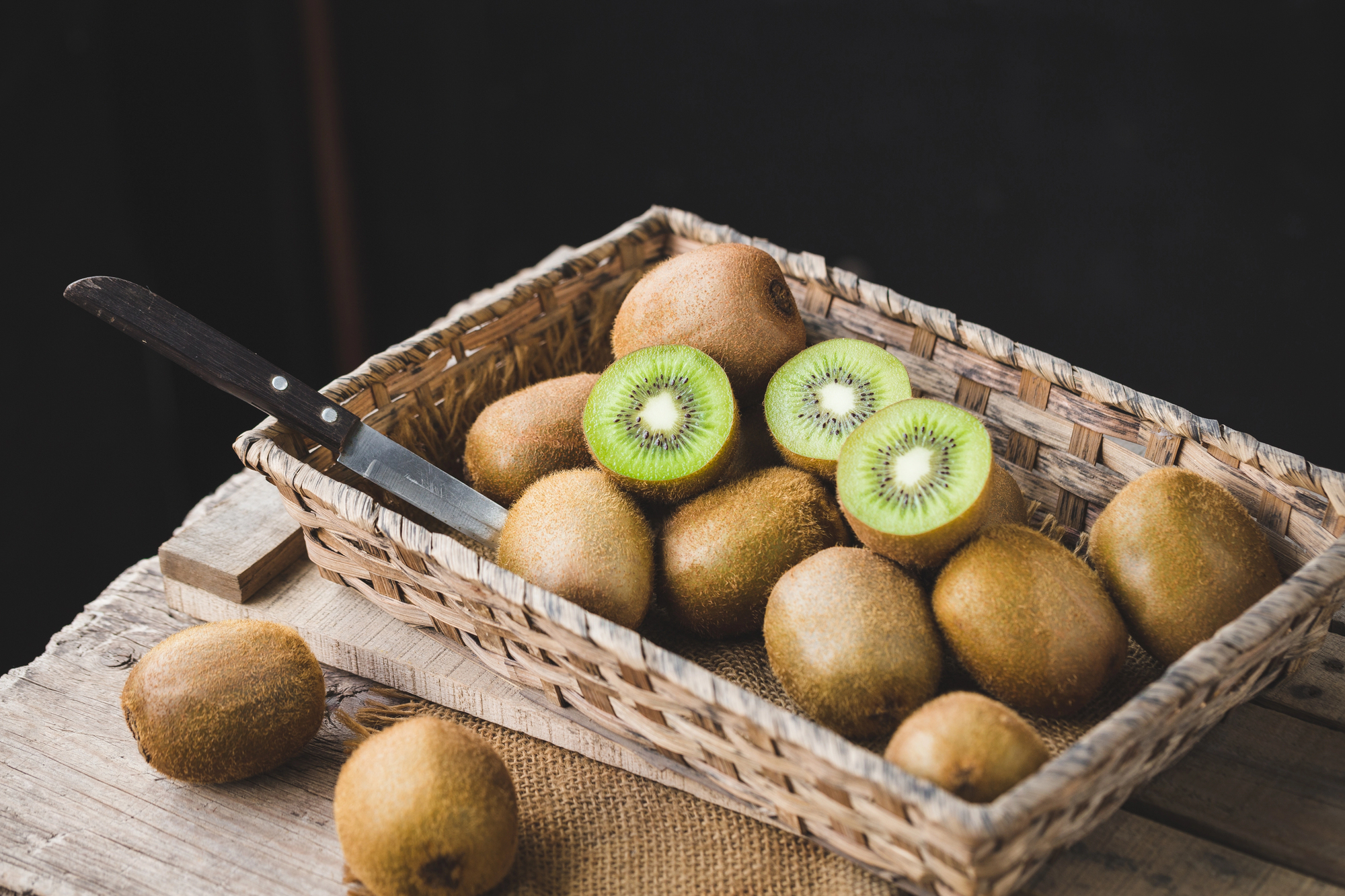
Strict regulations govern the use of “kiwi” in fruit marketing. Only certain varieties grown under specific conditions can use this name, protecting New Zealand’s agricultural heritage.
Spanish Paella Authentication
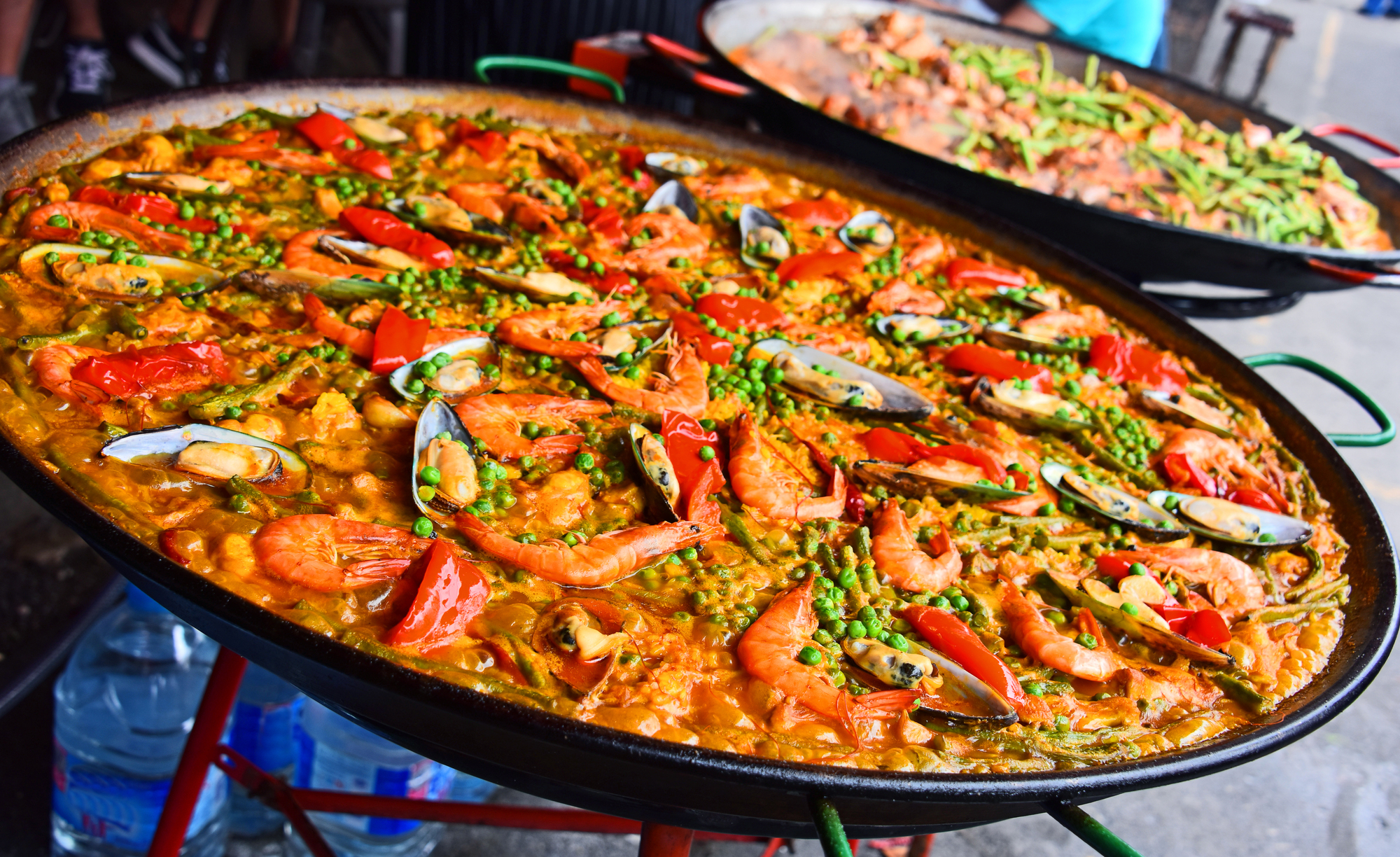
Valencia’s regional government has laws defining authentic paella ingredients. Restaurants must specify if they’re serving traditional Valencian paella or a modern variation to protect this cultural dish.
Like Go2Tutors’s content? Follow us on MSN.
The Logic Behind Food Laws
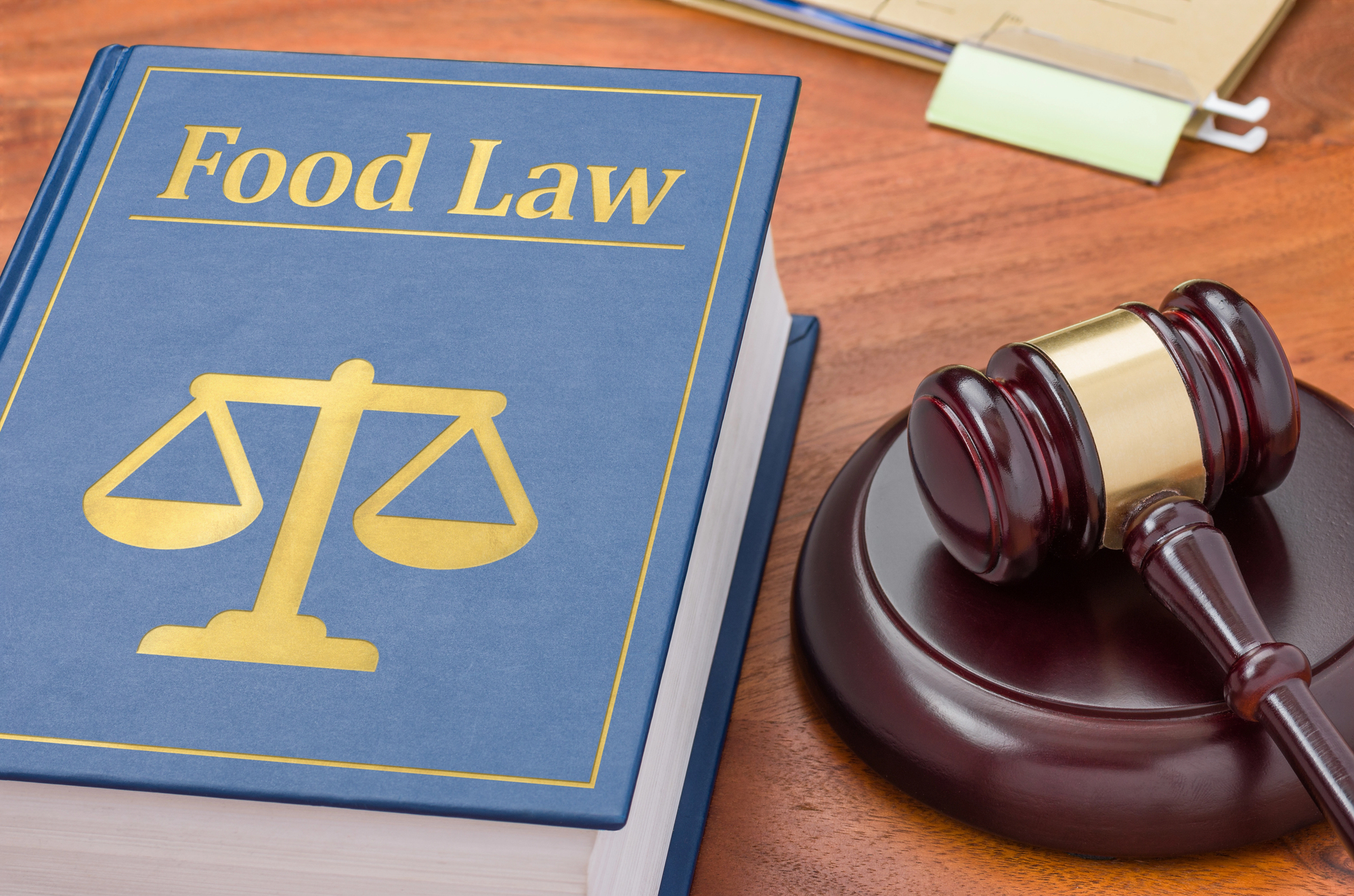
While some of these regulations might seem excessive or bizarre, most serve specific cultural or practical purposes. In an increasingly globalized world, these laws remind us that food remains deeply connected to national and regional identity.
Whether protecting traditional recipes or preventing unusual eating habits, these regulations shape how we experience food around the world.
More from Go2Tutors!

- Famous Battles: How Much Do You Really Know About U.S. History?
- Top 5 Most Important Skills, According To Harvard Business School
- How Well Do You Know 90s Pop Culture? Take the Quiz
- Master the Art of Public Speaking with These Expert Tips
- Think You Know Capitals? Put Your Knowledge to the Test
Like Go2Tutors’s content? Follow us on MSN.


